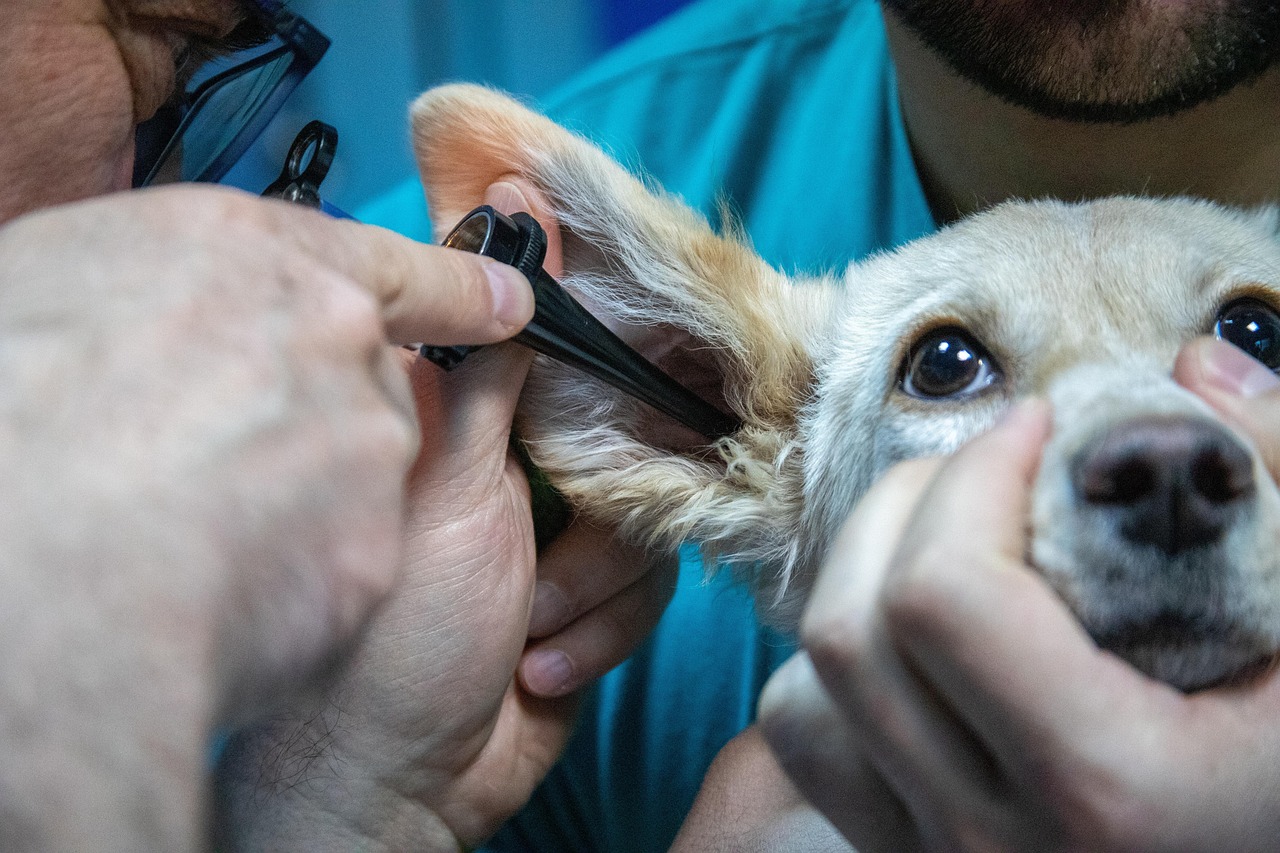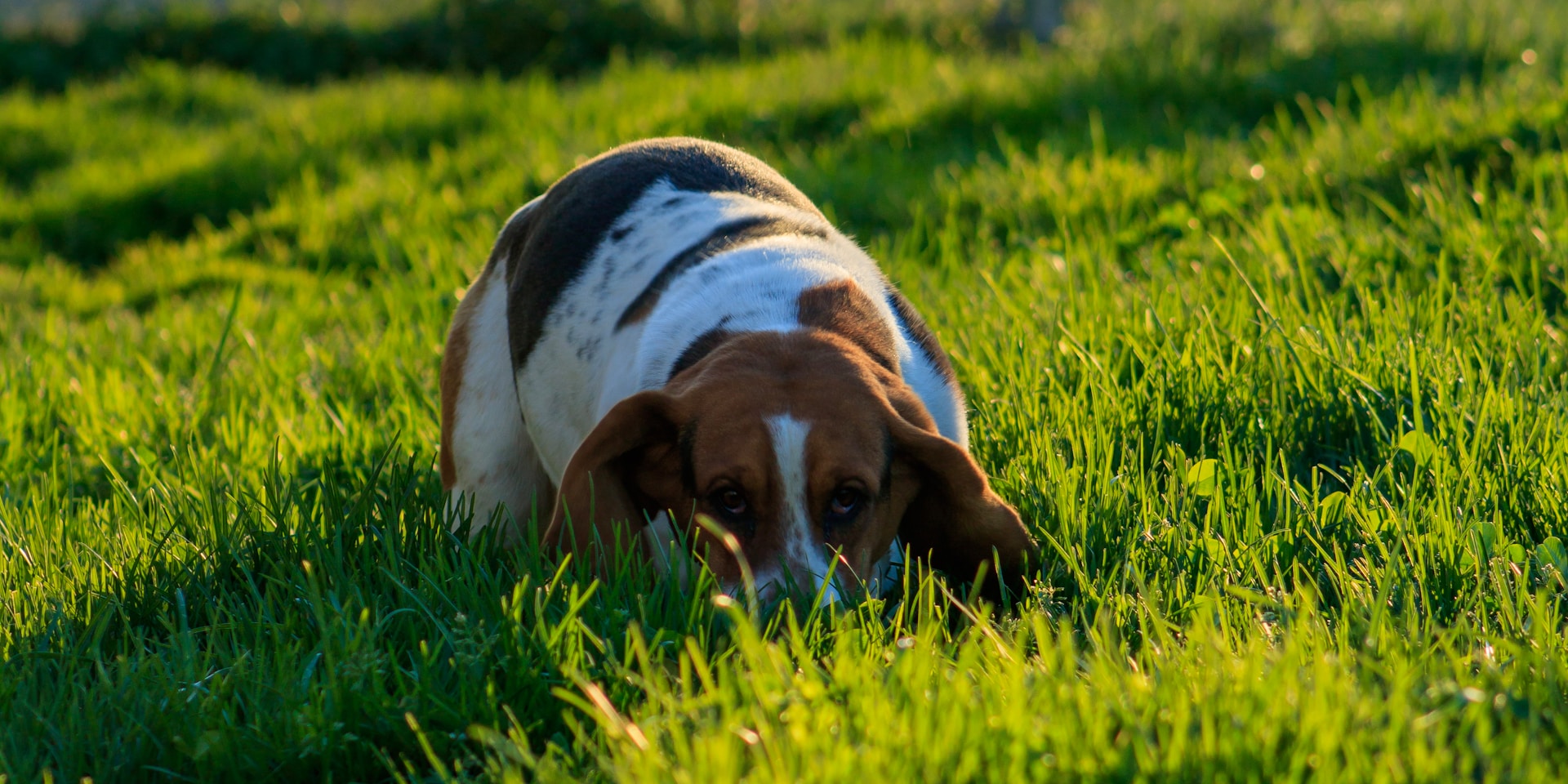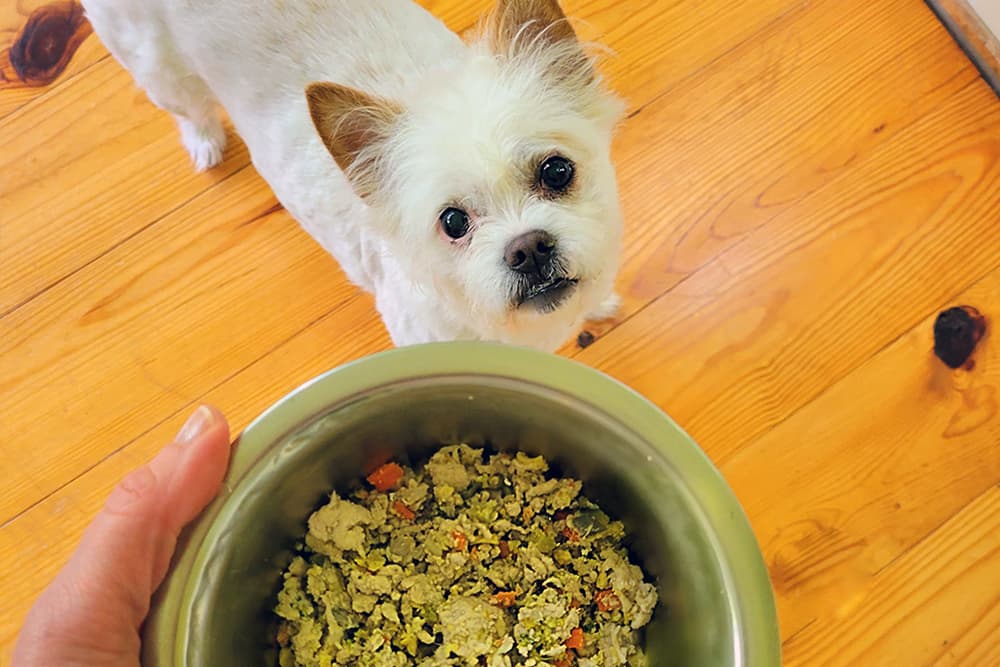Your Senior Dog: What to Expect at 10-12 Years
Updated on May 07, 2024
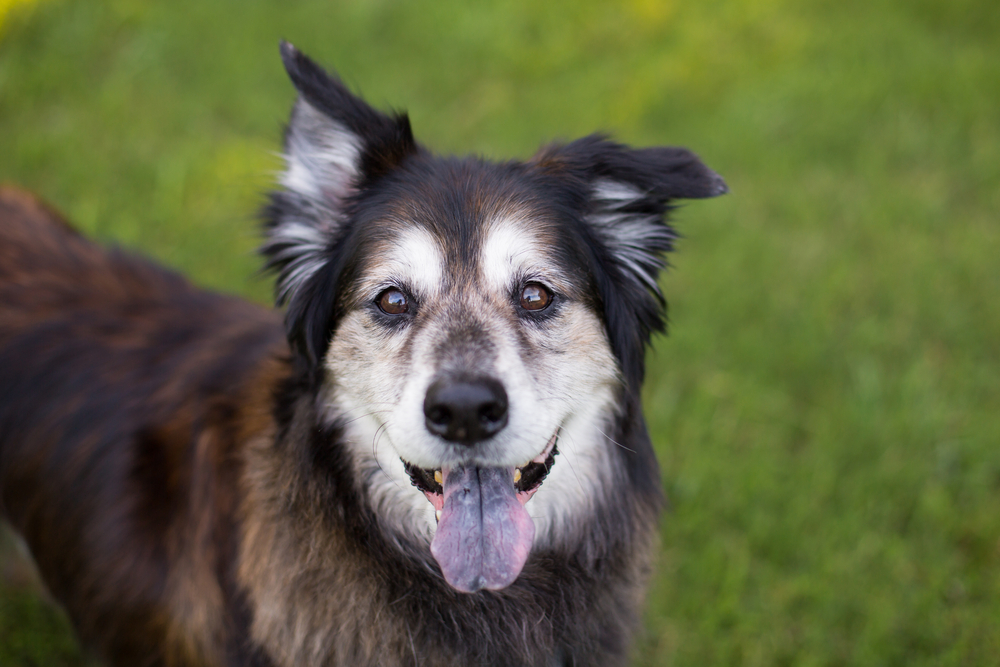
At this point in your dog’s life, you most likely have noticed signs of his getting older. By 10, even the bounciest Terrier usually begins to show his advancing age. Evidence of decline may be subtle in smaller dogs, but if you’re observant, it’s there. Obvious aging indications are often more noticeable in larger dogs. Depending on the breed and size of the dog, 10 to 12 years is considered late middle age and the beginning of the elderly years.
All featured products are chosen at the discretion of the Vetstreet editorial team and do not reflect a direct endorsement by the author. However, Vetstreet may make a small affiliate commission if you click through and make a purchase.
Physical and Mental Development of Senior Dogs
A 10- to 12-year-old dog, depending on his size and individual variation, is roughly the equivalent of a 60- to 90-year-old person.
By now, you’ve likely realized that your dog is slowing down. He may still enjoy a long walk, but he is not quite as zippy as he used to be. You might even notice that senior dogs sleep more or take a bit longer to rouse or respond to commands. Regular veterinary visits can help determine whether those changes are normal aging or signs of illness.
Though your dog is no longer a young dog, he still needs a good dose of activity to stay healthy, both physically and mentally. Play a game of hide-and-seek with a treat to help keep him on his paws.
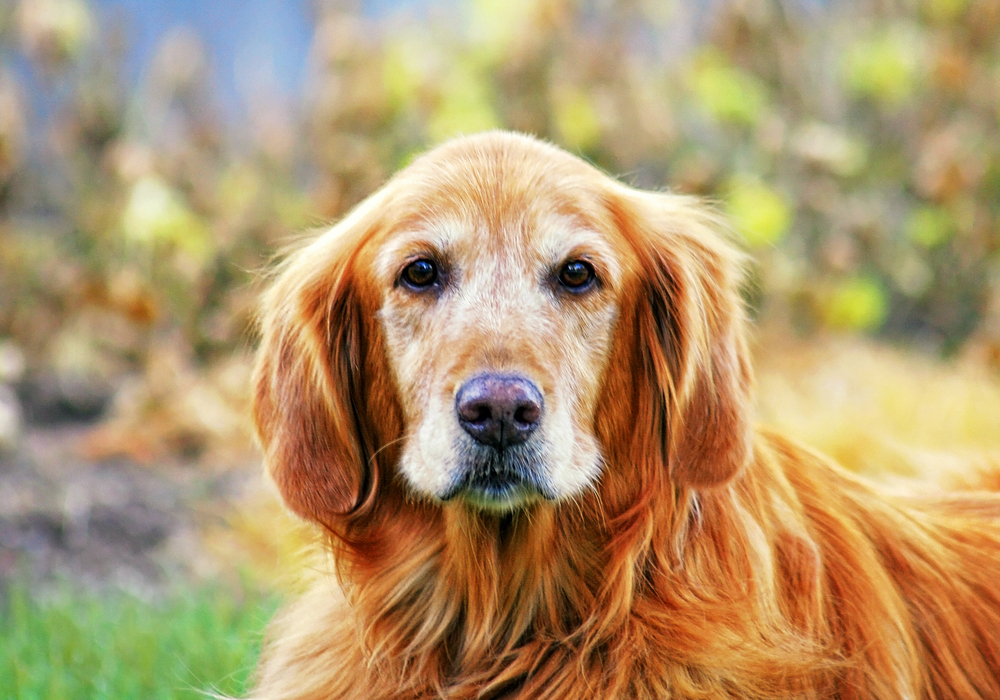
Behavioral Changes
At this point in your dog’s life, it’s important to watch for behavioral changes. Some are normal with age, but others may indicate health issues. For example, a dog who no longer likes to jump around or climb the stairs may have pain or stiffness in his joints. You may want to consider joint supplements for your dog at this point.
Mild-mannered dogs who start to show aggression may be signaling that they don’t feel well or are even developing dementia. The causes of this type of symptom can be treated or medically managed. Therefore, it is important to note changes in your dog’s behavior or preferences and communicate them to your veterinarian.
Pay attention to how your dog behaves around children. At this age, he may become less tolerant of young children, reacting negatively to sudden squeals or unpredictable movements. He may also begin to exhibit distress when you leave or be disturbed by loud noises such as firecrackers or thunderstorms. On the other hand, he may become less responsive to such stimuli because he is losing his hearing or vision. Sensory loss, however, means that he may startle easily and even react with aggression.
If you have other dogs in the household, watch for a shift in dominance. As a dog ages, his place in the hierarchy can change, resulting in conflict. That shift may be evident when the dogs compete for your attention, greet visitors or guard their food or toys. It is a good time to reinforce your position as the alpha dog. Your aging dog may have difficulty adjusting to the arrival of a new puppy. He could find a young whippersnapper’s high energy and playful attacks irritating and react aggressively.
Watch for signs of dementia in your dog. He may start to forget commands or other trained behavior he grasped when younger. A forgetful dog may seem to wander, even in familiar territory. Or senior dogs may have more accidents in the house. (Accidents also can be a sign of a health problem.)
Talk to your veterinarian about adding a high-quality supplement to your dog’s diet. Great Poop Probiotics for Dogs is a chicken-flavored chewable that dogs devour. It bulks up stools, relieves bloating, and naturally supports the digestive tract.
Don’t dismiss behavioral changes as simply part of getting older. They may be signs of medical complications. You and your dog’s quality of life may be improved by seeking veterinary advice and treatment for changes in your dog’s health or behavior.
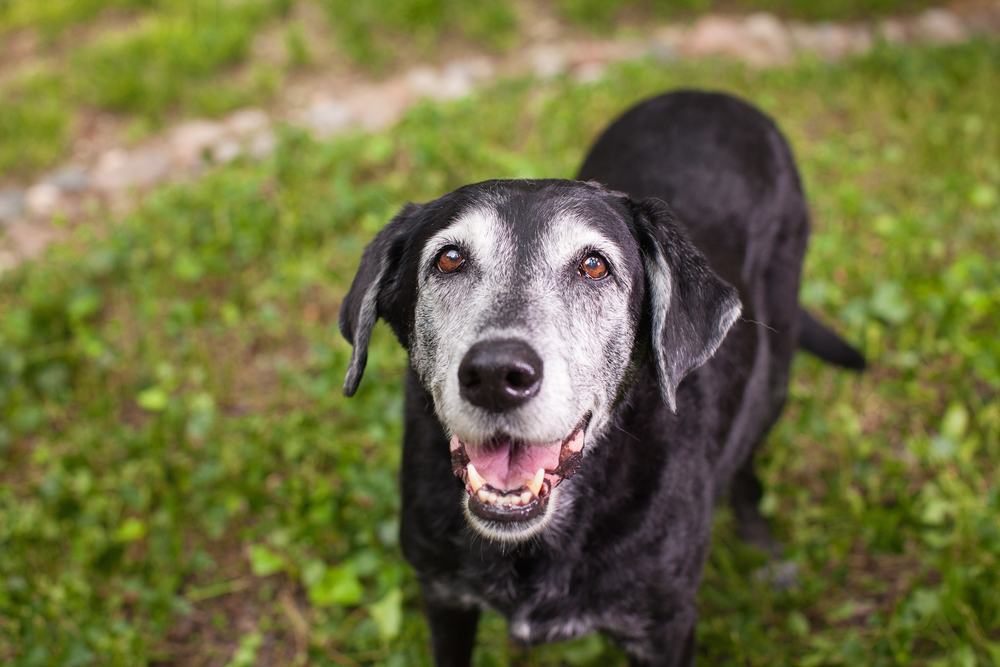
Health and Nutrition
If you haven’t done so already, you may need to modify your dog’s feeding regimen. As dogs age, they can develop a number of conditions, such as diabetes and kidney or liver problems, that respond favorably to dietary adjustments. Ask your veterinarian to recommend a diet tailored to your dog’s health needs.
Some diets that you may consider include Blue Buffalo Life Protection Formula Senior Dry Food, Wellness CORE Digestive Health Dry Senior Food, or Hill’s Science Diet Adult 7+ Wet Dog Food.
Expect a wider variety of tests at routine veterinary visits. Endocrine problems, such as Cushing’s disease or hypothyroidism, are common in older dogs. These conditions are manageable and should be diagnosed early. Your veterinarian can keep your dog in the best health possible, but only if she is able to do a thorough examination and follow up on complaints or findings.
Often older dogs require comprehensive dental cleaning and care. Many owners will decline this important treatment over concerns about anesthesia. Your veterinarian will want to do preanesthetic bloodwork and possibly other diagnostics to assess the anesthetic risk. Frequently, the benefits of teeth cleaning far outweigh the risks of anesthesia. Severe dental problems can lead to serious complications that may not be easy to treat.
Pet Health Insurance Can Help
Unexpected veterinary bills can make caring for your pet challenging. Don’t let financial stress get in the way of making the best decisions for your pet. Pet health insurance can cover surprise costs such as veterinary visits, prescription medications, and life-saving procedures.
Review personalized options for your pet below:
Training Tips
If your dog does not respond to your commands, don’t automatically assume he is being willful or disobedient. If he is becoming hard of hearing, you may just need to speak a little more loudly or start using hand signals.
At this stage in your dog’s life, don’t try to teach him any new tricks. You should spend time doing the activities that make you both happy.

